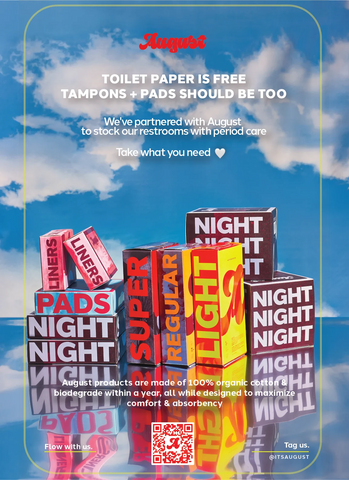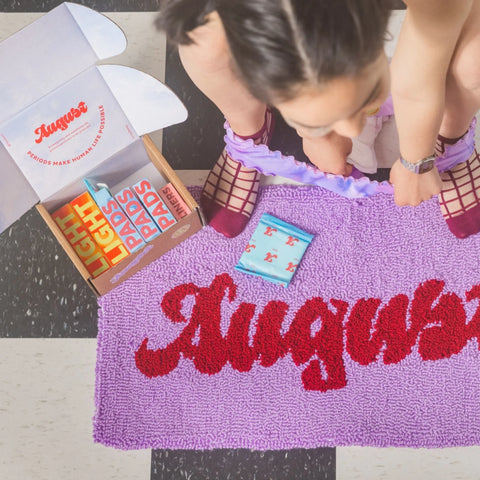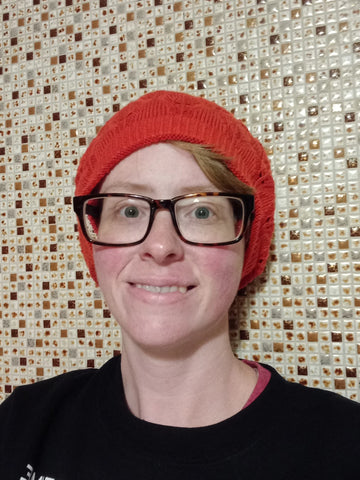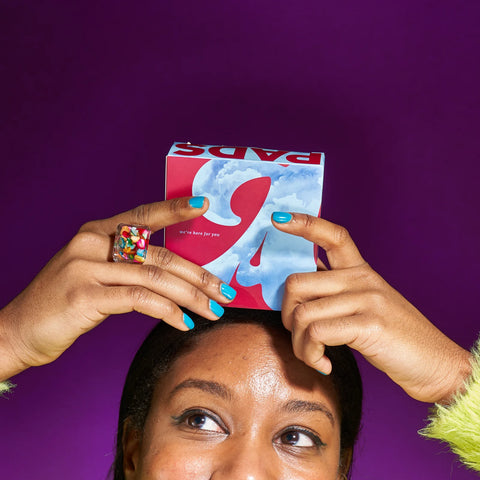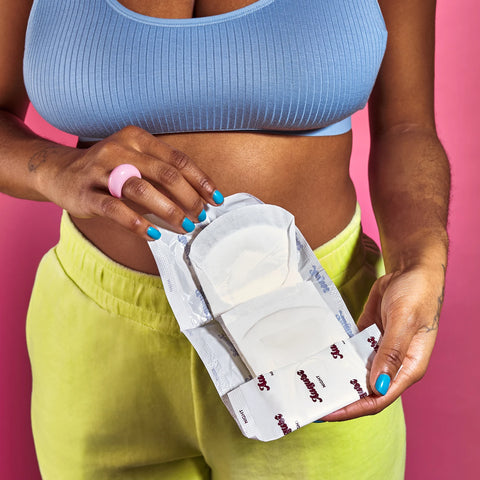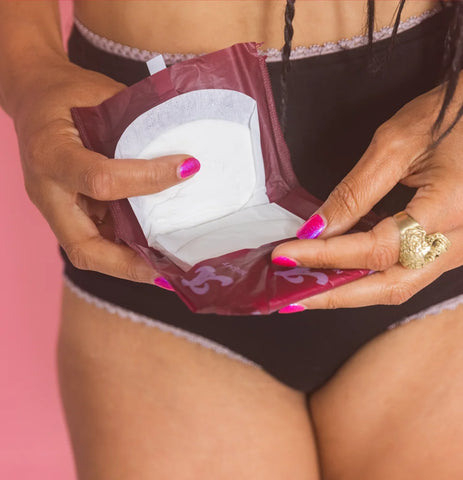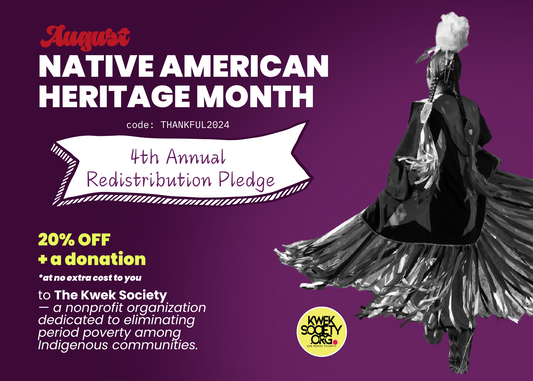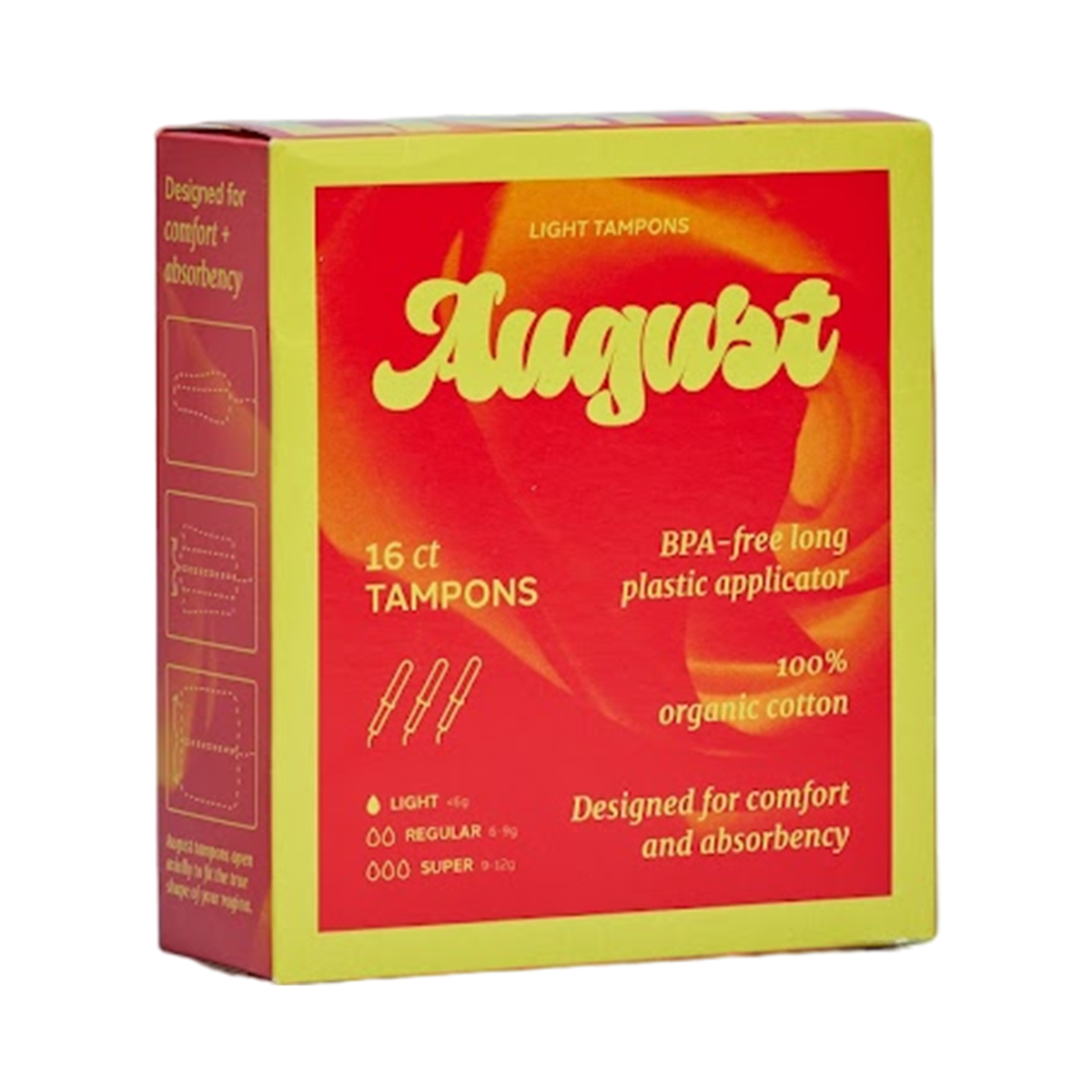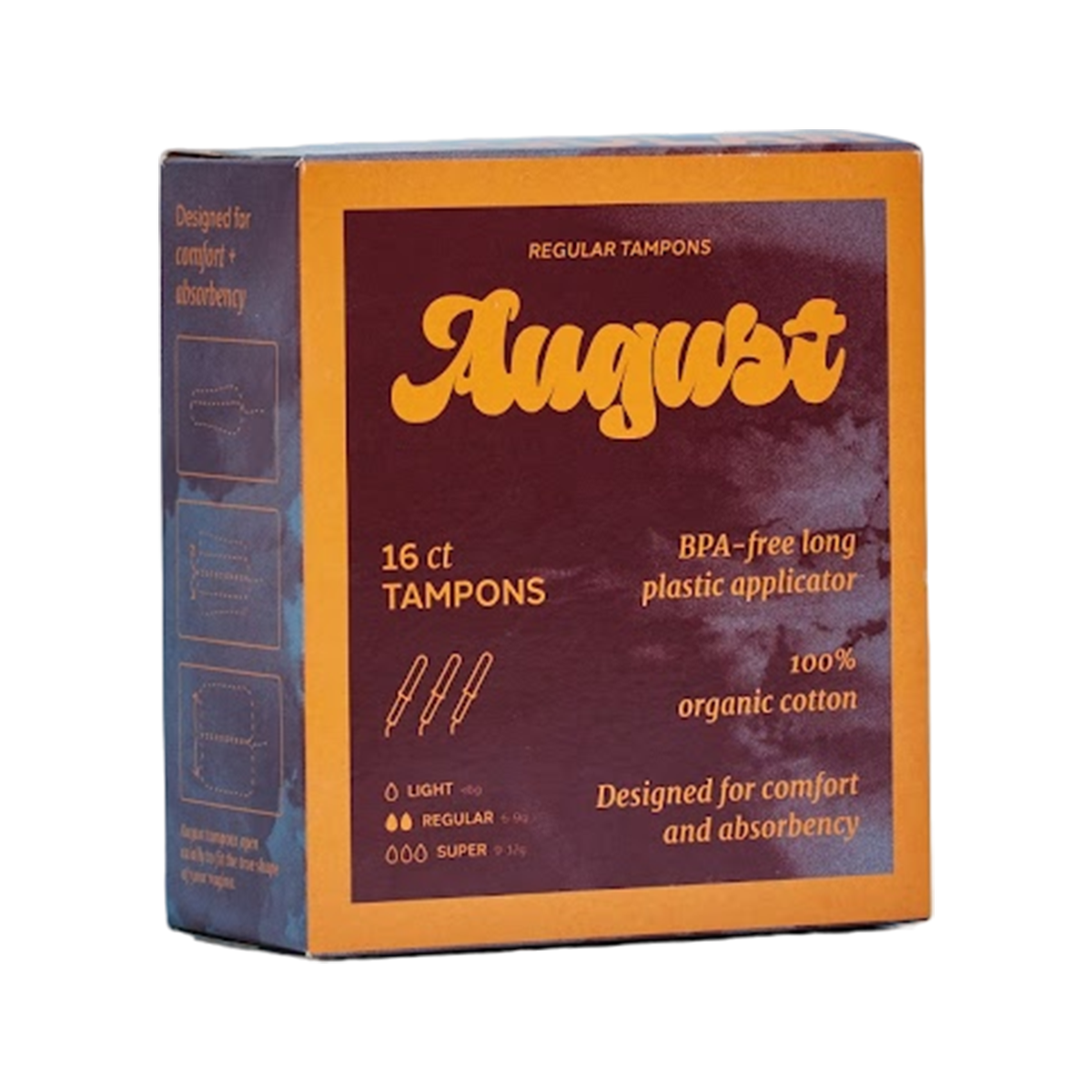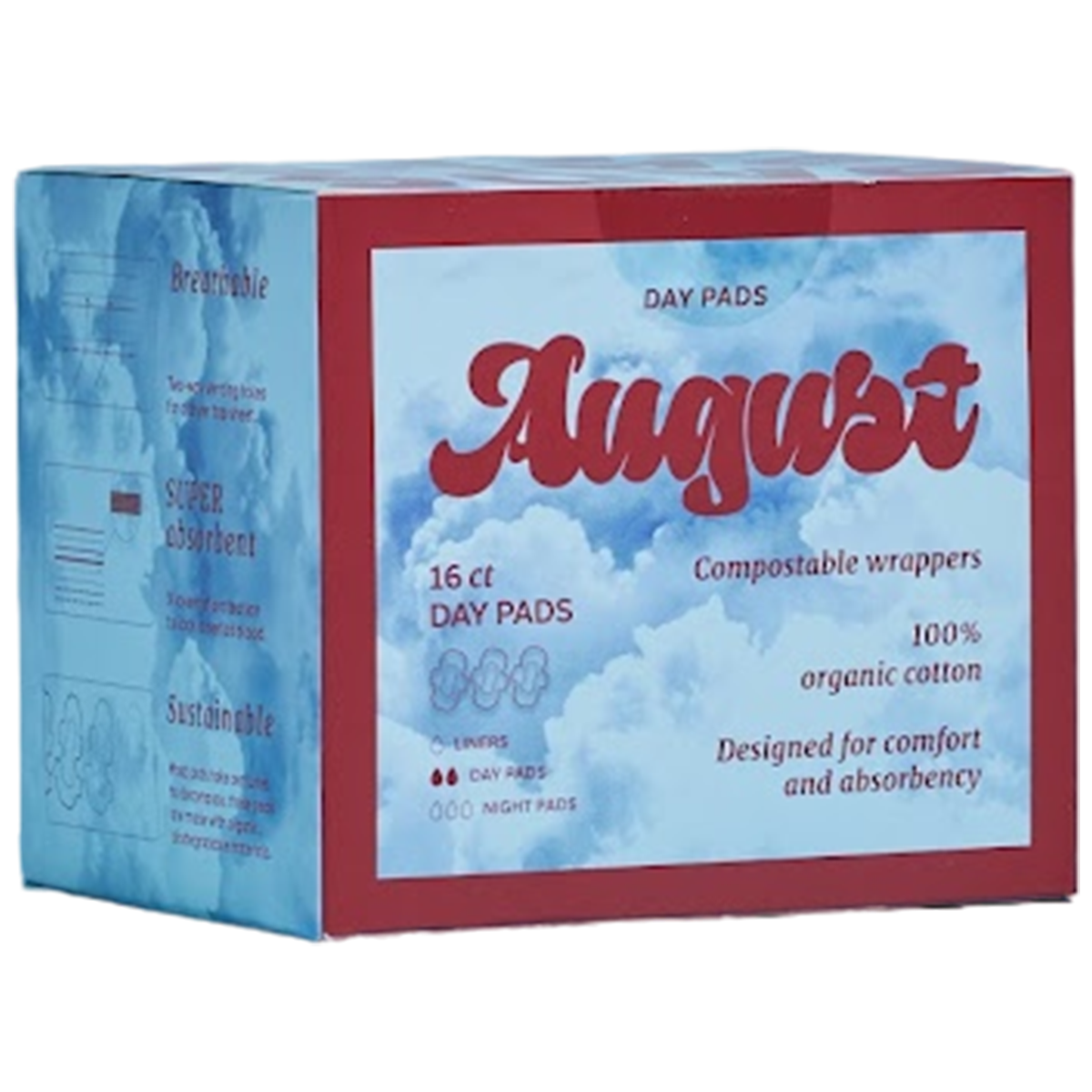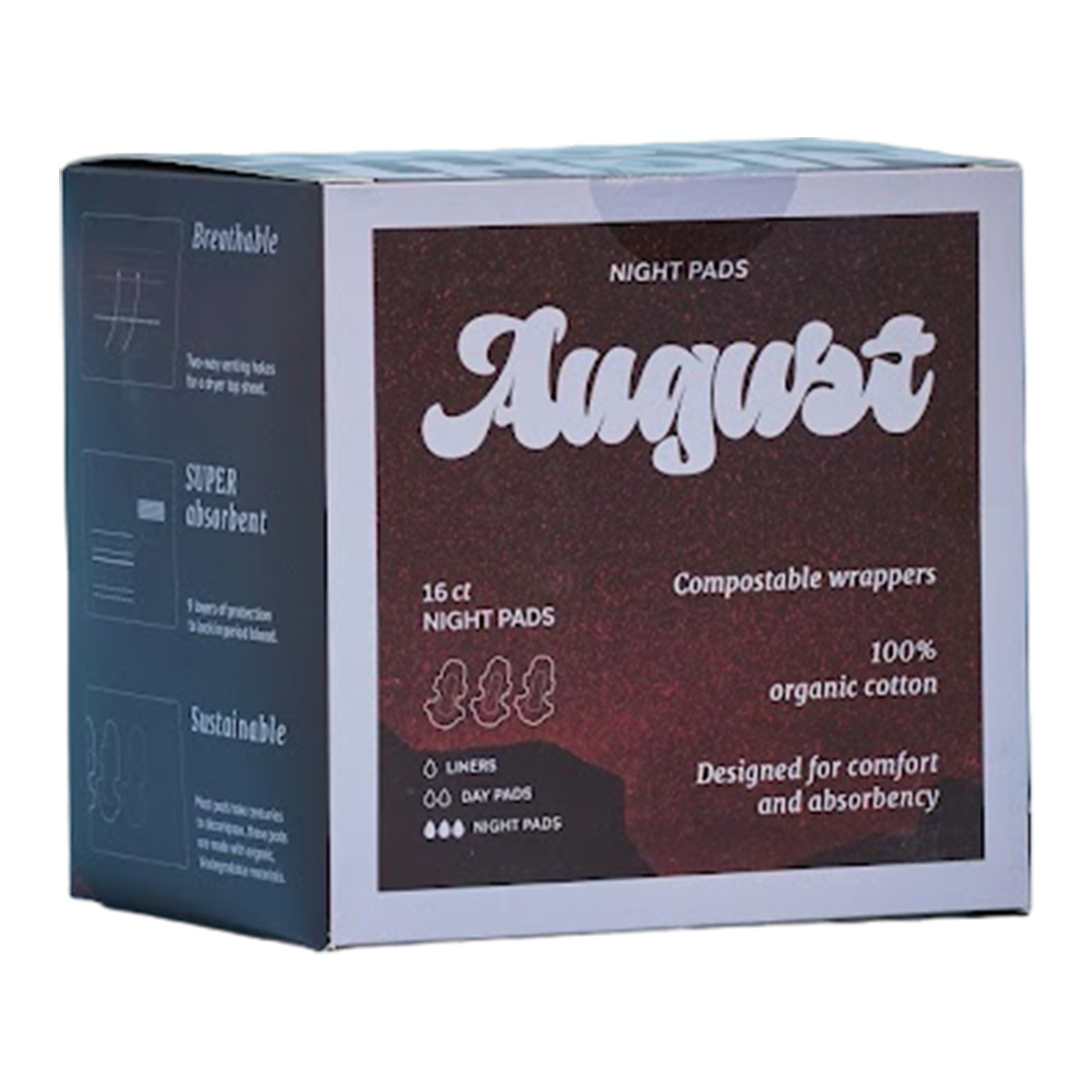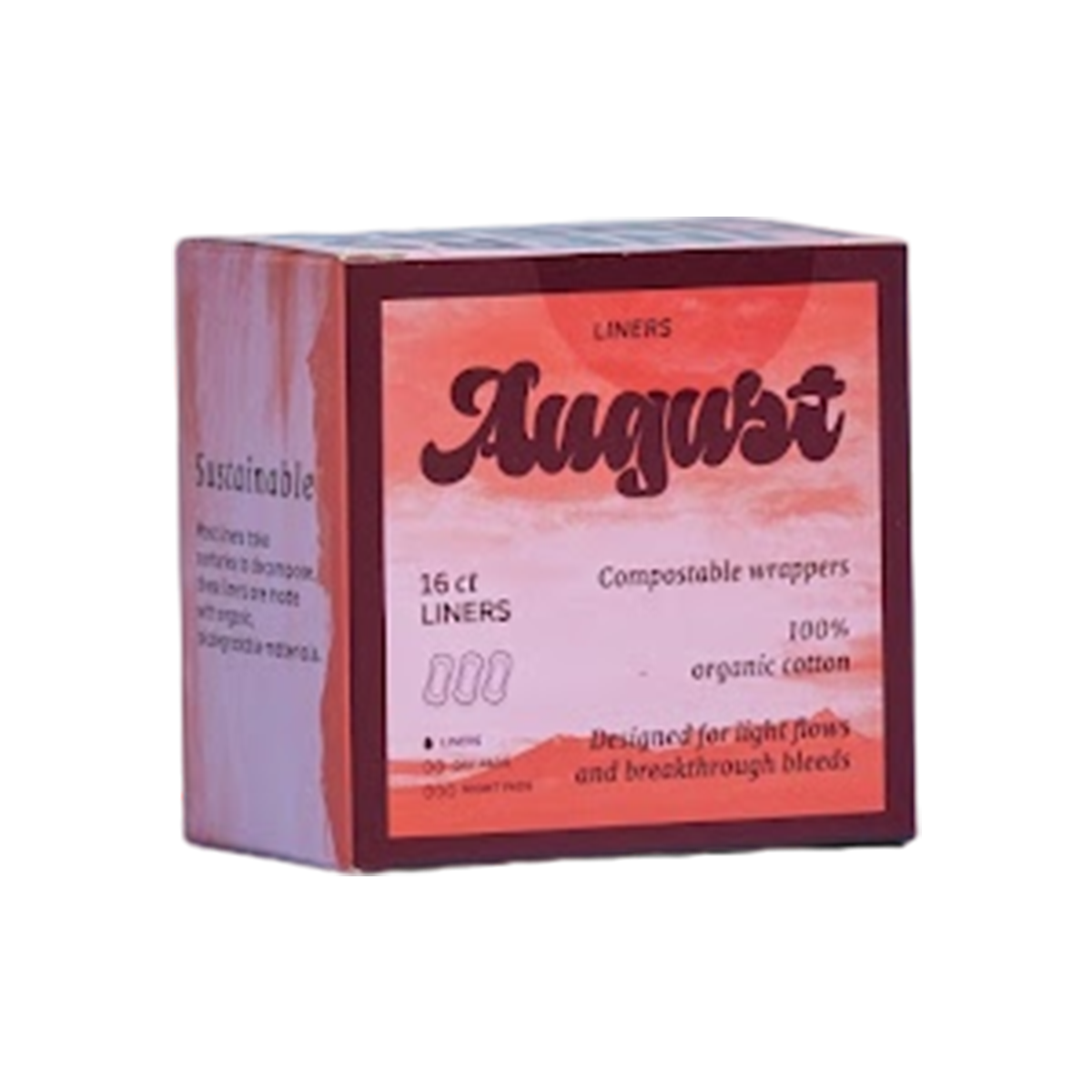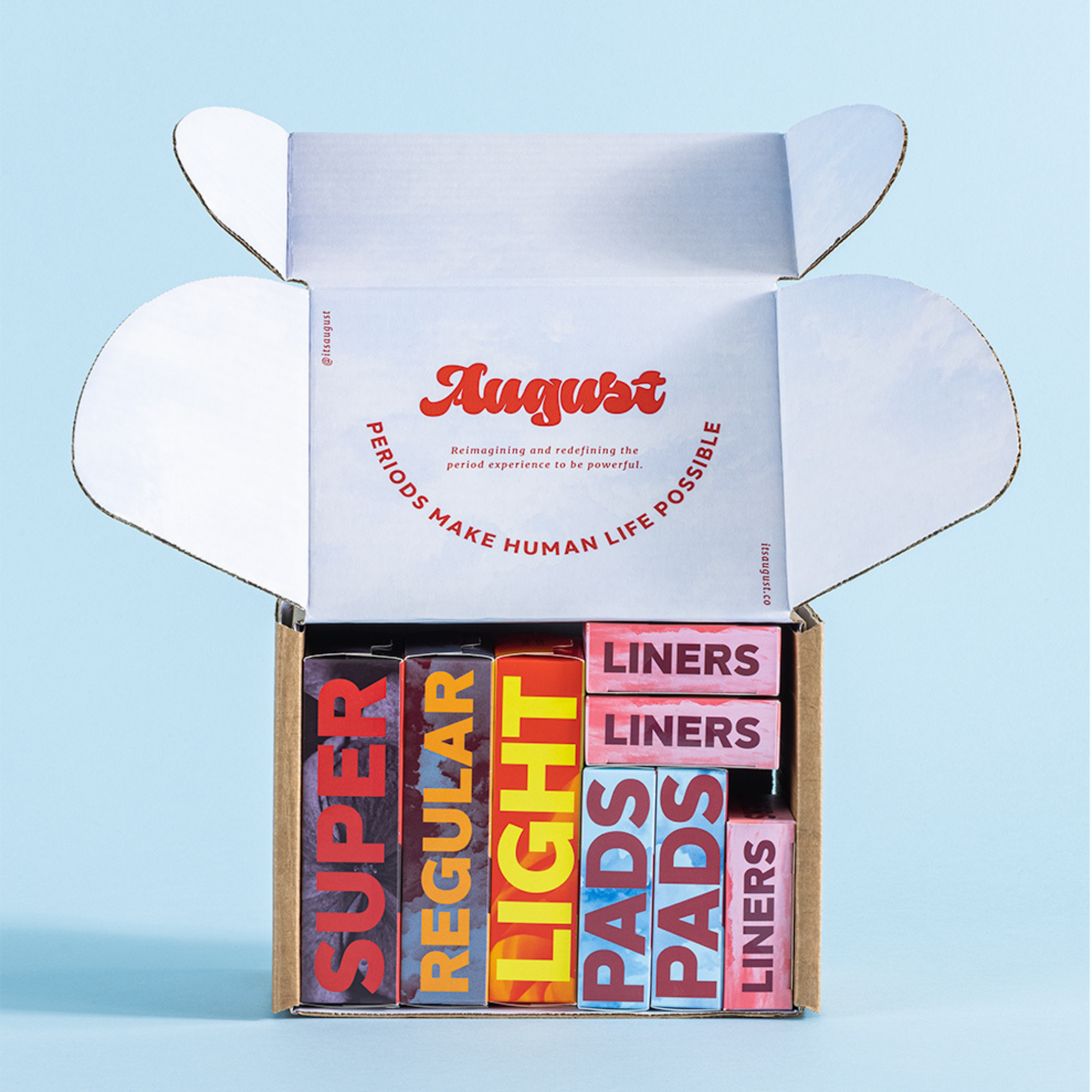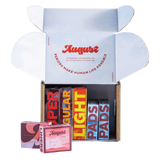If you’re questioning how to be more inclusive when thinking about periods then you’ve come to the perfect place to discuss this.
August prides itself in being an unapologetically inclusive period care brand, for everyone who menstruates – and anyone else who wants to talk about periods!
Plus, we have amazing advisors like Schuyler Bailar (he/him) – a transgender advocate, life coach, speaker, and author.

Schuyler has been advising us on our journey to reimagining period care since the beginning. His goal is to provide gender literacy training, with specific focus on why it's important to consider and implement gender inclusive practices in the period space.
Our Team refers back to the Gender Inclusivity Guide made in collaboration with Schuyler with every piece of content or product we put into the world. You can read & save it HERE!
Read til the end for exclusive access to Schuyler’s latest gender literacy initiative…
“Although menstruation is often labeled as only a women’s issue, this is not the case. Menstrual advocacy should be gender inclusive and gender-affirming to best advance care for anyone who menstruates.” – Schuyler Bailar
August envisions a world in which anyone who menstruates feels both seen and supported – by their peers, and by the companies producing period products for their care.
This article is a snapshot into our Gender Inclusivity Guide and features quotes from Schuyler & August.
What is period inclusivity?
Period inclusivity is a lot of things. But mostly, it’s an active mindset that allows for you to broaden the scope of the menstrual experience to include a diverse collection of stories.
Tangible ways to practice inclusivity in period spaces:
-
Educational resources and period care brand images showcasing diverse images to represent all different skin tones, shapes and sizes of vulvas
-
Meeting high standards of care aka providing a variety of absorbencies and full coverage sizes.
-
Prioritizing accessibility in addition to other values. Meaning, although products like menstrual cups and period panties prioritize sustainability, brands also need to prioritize accessibility.
For example, some people have less mobility in their hands and therefore aren’t able to insert a tampon. Another accessibility example is that those living in period poverty may not have access to consistent sanitation services to keep their products clean. You can’t have inclusivity without accessibility.
-
Using gender inclusive language and understanding that not all women menstruate, and not all menstruators are women.
-
Removing taboo and stigma! Use the actual names and words for body parts (i.e. vagina, vulva, breasts) & processes (i.e. menstruation, discharge, etc.) instead of nicknames like ‘that time of the month’ or ‘down there’.
-
Improving Sex Ed curriculums around the world.
Studies show that comprehensive sex education that talks about sexual health in a positive way can reduce risk behavior (i.e. less teen pregnancy, more knowledge about STIs, and an increased understanding about our personal human biology & identity).
-
Keeping yourself educated & up-to-date by reading, watching, listening, and engaging with gender diverse people who may have period experiences that differ from yours.
For example: Schuyler’s gender literacy training for students, teachers, parents, coaches, and administrative staff! (Read til the end for more information)
All in all, period inclusivity means actively including everyone who menstruates into your perception of the menstrual experience.
What is meant by inclusive language?

Examples of inclusive language:
- Period/menstruation products (instead of “feminine hygiene” products)
- When referring to people who get periods: menstruators, those with uteruses, people who have a period, person on their period, etc.
- Instead of “Aunt Flow” – call it menstruation or a period instead of a euphemism.
- Be sure to support products and brands that are gender inclusive (like August’s sustainable period care!)
How do you refer to someone on their period?
First of all, there’s no need to point out that someone is on their period based on deductions about their mood, body changes, or observed eating habits. It’s like telling someone to ‘calm down’ – when does that ever actually encourage someone to relax?
Otherwise, this entire article will exemplify how to refer to someone on their period. Basically, keep it gender neutral until you’ve learned their pronouns and gender expression.
How can I be more inclusive about gender, generally?

Gender inclusivity aims to reduce the discrimination of people on the basis of gender identity through the active inclusion of people of all genders.
Being gender-affirming is a great place to start! This means accepting someone’s true gender through language or practices and treating them in ways that actively support them living authentically in that gender.
Gendering someone correctly is a basic respect and should be a priority in every space, including period care. If you were to accidentally misgender someone, apologize, correct yourself, and move on – don’t make a big deal out of it. That being said, if you are consistently making this mistake, especially towards the same person, take the time to look inward and figure out why.
How to deal with gender dysphoria about menstruation?
People with gender dysphoria may feel distress or discomfort that arises from an incongruence between their gender assigned at birth and their true gender identity. Many trans and nonbinary folks experience gender dysphoria at varying intensities and frequencies and aspects of menstruation, among other bodily processes.
The issue of dysphoria and menstruation is complex because periods often come with their own baggage of (dis)comfort, mental health, cost, and systemic oppression. Additionally, period stigma silences menstruating folks which can also cause shame and isolation.
For trans folks, the complexities about periods compound with gender dysphoria and the social assumption that menstruation is only a women’s issue. This can result in further stigmatization and isolation for trans and nonbinary folks who menstruate.
Who can get a period?

Anyone with a uterus!
Uteruses are not gendered (despite popular belief) – they’re simply a biological, reproductive organ found between the bladder and rectum. The main purpose of a uterus is to provide a healthy space for a fetus to get ready before birth.
Many women do not bleed due to various reasons like, going through menopause, having had a hysterectomy, losing their period due to exercise or diet, and others.
As for the people who are not women who get a period: we’re talking about trans folks who still have a uterus and get a period. Trans men, trans masculine folks, non-binary people and other gender diverse menstruators are all included in this.
Can transgender people menstruate?

Trans people who have a uterus may still get a period depending on several factors including: their own genetics, whether or not they are taking T (and if so, their dosage) plus more. Gender affirming hormone therapy that includes testosterone usually stops monthly bleeding after 3-6 months of treatment. However, the person’s period may continue depending on their dosage and/or body.
Remember, there’s no such thing as a ‘full transition’ - a transition is a process and it is up to the person transitioning to define that process for themselves. If a trans masculine person chooses not to undergo hormone therapy and has a functioning uterus, they will likely get their period.
Also – and hate to break it to the folks taking T out there – but you may experience a ‘phantom period’ (aka PMS) without the bleeding part…sorry!
Why is it important to reframe the narrative about periods to be gender inclusive?
Among other marginalized groups, transgender and nonbinary folks are disproportionately affected by period poverty.
Period poverty means not having easy or consistent access to the proper hygiene and menstrual products for a cycle. This can then affect day-to-day routines like going to school, work, or participating in social activities – all essential to living a fulfilling life.
For those of you who are gender-diverse and have specific questions about inclusive health care & reproductive health…
Here are a few commonly asked questions you probably want to know the answer to!
How do I find gender affirming period care?

We’re here for you! August period care is for any and all menstruators.
Through our products, photoshoots, ads, and community, we hope to reframe the narrative away from women-only period talk.
Worried about non-discreet packaging? (don't be if you're an August subscriber!)

We listened to our community and understand why some of you don't want your neighbors knowing that you still menstruate. So, we currently ship our period products in plain cardboard boxes. Inside the boxes is where you'll find our bold, unapologetic packaging for the menstruators who want to be loud and proud about their periods!
How can I be certain that the OB/GYN I am going to is gender inclusive?
If you currently have a gynecologist with whom you feel comfortable, coming out to them is an important step in caring for your body. Being open about your sexual orientation, sexual behavior and gender identity means that your provider will be able to offer care that is personalized and relevant to you.
Bring a friend for support if you want to. Tell your healthcare provider your pronouns and the names you use for your body parts. If your OB/GYN is not respecting you, do your best to seek out a new one by using your trusted networks and independent research.
Another great option is to visit an LGBTQ+ center in your city, if that is accessible to you. There, you can ask for recommendations.
Read more about medically advocating for yourself HERE!
Are there gynecologists specifically for non-binary/trans folks?

There sure are! The World Professional Association for Transgender Health (WPATH) offers a list of recommended healthcare providers worldwide, and there are many more organizations working at a local level.
Your health and comfort is the most important thing. When you visit your healthcare provider, you deserve to be addressed with the correct name and gender, and treated with respect and dignity.
Thanks for reading til the end! As promised, here are the details about Schuyler’s amazing gender literacy resource called LANECHANGER.

LaneChanger is an online gender literacy learning series that we want as many people in our community to engage with!
Throughout the resource, Schuyler talks about his own experience as the first transgender athlete to compete on an NCAA Division 1 men's team in any sport (his sport is swimming). He offers definitions, stories, and some great analogies so that anyone listening can come to understand what it means to be trans.
August has a limited 500 accounts to share with you all via the Inner Cycle so register before the slots disappear! (Join here!) and message us or email at care@itsaugust.co if you have any questions about registering for the course.
All of Team August completed the LaneChanger this past month. Here are the reflections from our debrief:
It’s imperative that after doing independent learning like this, you compile some action items that you can implement into your life. August came up with a few that we’re going to do as a team:
Personal
- Instead of "hey guys!", say "Hey team/friends/folks!"
- Diversify our social media feeds
- Share the LaneChanger resource out to family members or friends that you think could benefit from it
@ August HQ
- Ask all external partnerships to complete the LaneChanger training as a requirement to collab with August
- Members of Team August all have our pronouns after our names on Slack, email sign offs, Zoom, etc., but we should also ask people on calls/meetings for their pronouns more & don’t assume pronouns!
- Regular and consistent gender inclusivity training through the year to ensure we avoid static learning and stay up-to-date in our reflections and action steps for inclusivity
- We can’t just talk-the-talk but need to walk-the-walk: increase trans and non binary representation in our team – hiring!!
- Advocating for gender neutral bathrooms in the building August HQ is in
- Reflect on how to not take over the movement as people who are not trans – yet still include trans stories on our platform in an authentic way
Since before the launch of our products, August has made it clear that we will always be changing – we are fluid (excuse the gender pun). We will always look for action steps needed to continuously learn and unlearn based on feedback and conversations with our community.




